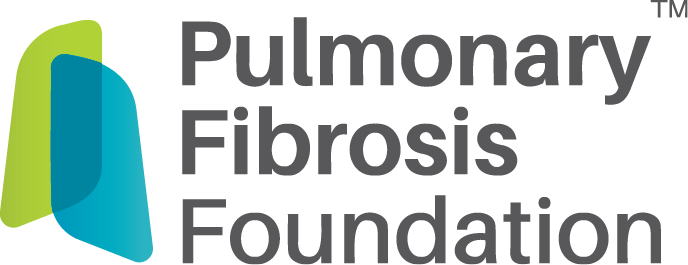COVID-19
Stay Healthy and Safe
The Pulmonary Fibrosis Foundation continues to monitor the coronavirus (COVID-19) pandemic and the potential health implications for the pulmonary fibrosis community in the United States..
The Centers for Disease Control and Prevention (CDC) has identified people who have chronic medical issues as higher risk for serious illness from COVID-19, including those with pulmonary fibrosis. Patients with higher risk medical conditions should take precautions to reduce their risk of contracting COVID-19. COVID-19 results from an infection by a respiratory virus (coronavirus) that can lead to inflammation and injury within the lungs. In some people, this can progress to a serious illness. However, most people infected with the virus will not become gravely ill.
The Centers for Disease Control and Prevention, National Institutes of Health (NIH), and other infectious disease researchers have worked together to study the virus and to develop medical treatments for those infected and vaccines to protect against the virus that causes COVID-19. Research into the acute viral illness and the after-effects of COVID-19 is ongoing.
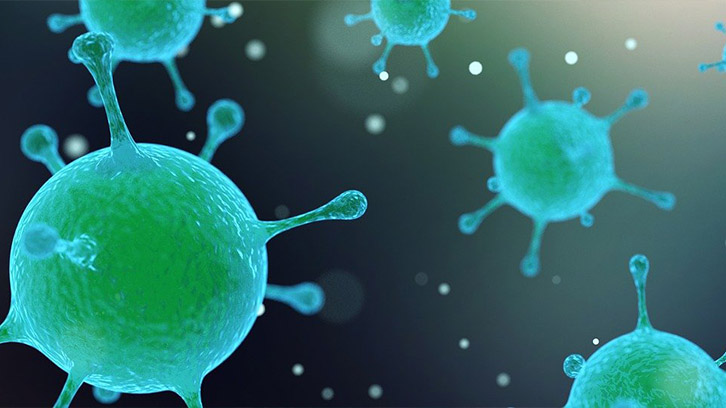
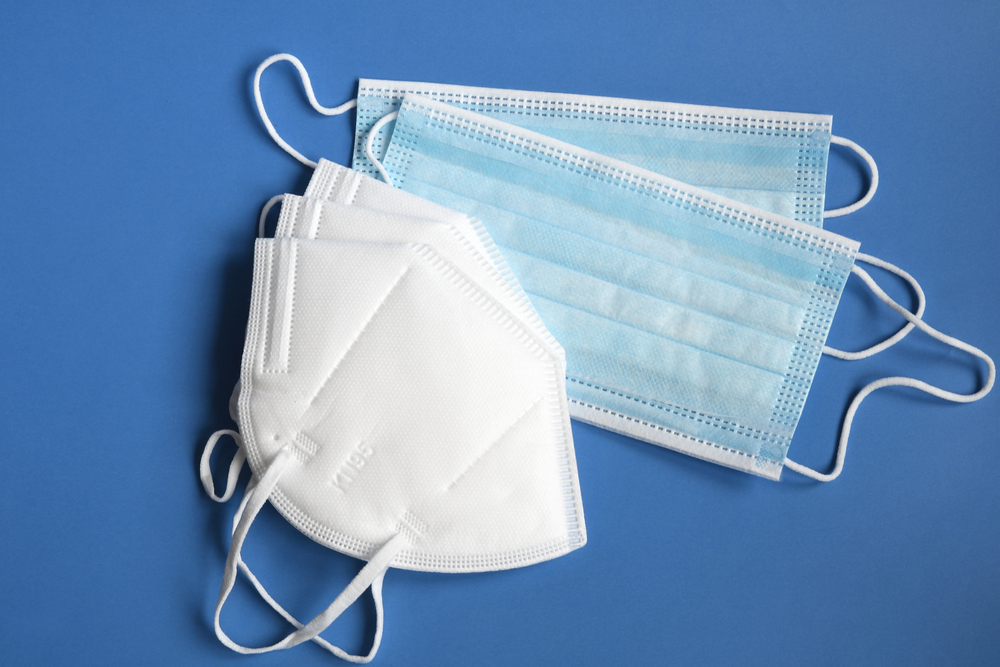
What should I do if I think I have been infected with Covid-19?
Many symptoms of COVID-19 are similar to symptoms of other diseases. Symptoms generally occur within a few days of exposure. If you experience COVID-19 symptoms, test immediately. If you have been exposed to COVID-19 and do not have symptoms, wait five full days after your exposure before testing. Testing is also recommended prior to gathering with older individuals, those who are immunocompromised, or individuals at risk for serious illness, including children who are too young to be vaccinated. Stay up to date with the CDC’s testing recommendations
- Fever
- Muscle pain or body aches
- Worsening cough
- Increased shortness of breath
- Chills
- Repeated shaking with chills
- Headache
- Sore throat
- New loss of taste or smell
- Congestion or runny nose
- Nausea or vomiting
- Diarrhea
What to do if you test positive for Covid-19?
If you test positive for COVID-19, call your pulmonologist. If your pulmonologist is not available, contact your primary care physician. Let your doctor know about your symptoms and that you have tested positive for COVID-19. Get medical attention immediately if you have:
- More difficulty breathing or shortness of breath
- Persistent pain or pressure in the chest
- New confusion or inability to arouse
- Bluish lips or face
- Increased oxygen requirement
The U.S. Food and Drug Administration (FDA) has issued emergency use authorization of COVID-19 treatments for patients experiencing symptoms at home, in the hospital, and for individuals who are at high risk for serious complications from COVID-19. The initiation of these treatments is time-sensitive, so it is important to test early and notify your doctor if you test positive for COVID-19.
Should I get vaccinated and boosted for COVID-19?
In accordance with recommendations issued by the Centers for Disease Control and Prevention, the Pulmonary Fibrosis Foundation strongly encourages vaccination for COVID-19, as the benefits far outweigh the risks. Four vaccines, which include primary series and boosters, are recommended in the United States. There are very few medical indications to not be vaccinated, and if you have concerns, reach out to your primary care physician and pulmonologist for more information.
People who are eligible to receive the COVID-19 vaccine should proceed with full vaccination, including booster doses, as the currently authorized vaccines are highly effective in reducing the severity and spread of disease. Strategies that are known to reduce the spread of infection, such as wearing a mask in indoor public spaces and frequent hand washing, remain crucial in limiting the spread of COVID-19, especially as new variants of the disease are discovered.
The CDC recommends wearing masks in indoor public places and in areas of high transmission, even if a person is fully vaccinated. Masks and respirators that are properly fitted offer the highest levels of protection. Learn more about how your mask protects you here.
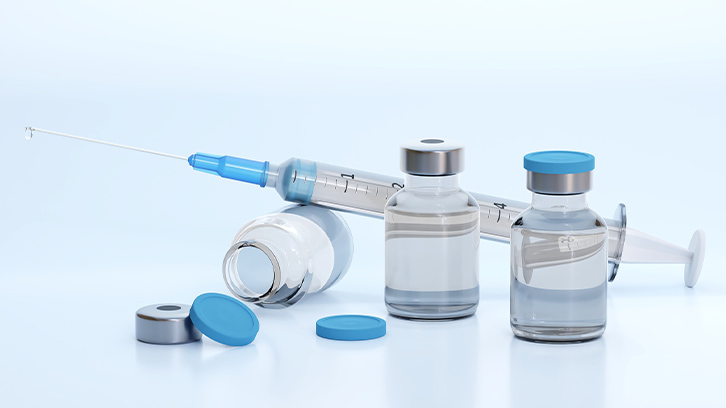
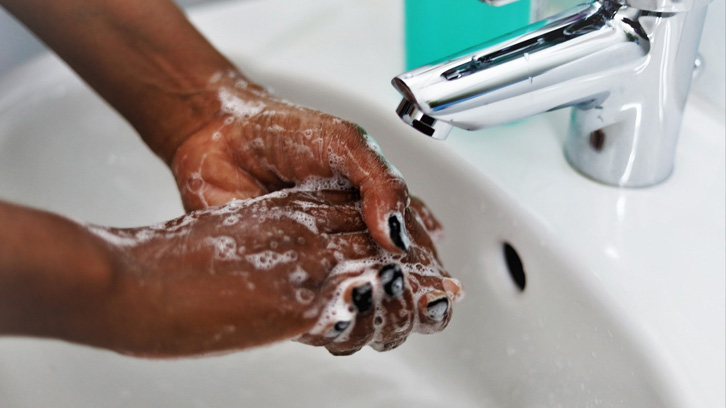
Are there special precautions that lung transplant patients should take?
Lung transplant recipients should continue to use an abundance of caution. Strategies that are known to reduce the spread of infection, such as wearing a mask, improving indoor ventilation, and frequent hand washing, remain crucial in limiting the spread of COVID-19.
Lung transplant recipients may have a lower immune response to the COVID-19 vaccine.Therefore, people with a moderately or severely compromoised immune system need at lest one dose of a 2023-2024 updated COVID-19 vaccine. Lung transplant recipients may need more than one dose and should talk to their doctor about additional doses and any medication adjustments around the time of vaccination.
PFF COVID-19 Resources
Below are resources available for the pulmonary fibrosis community. If you have any questions, please call our PFF Help Center at 844.Talk PFF (844.825.5733) or help@pulmonaryfibrosis.org.
PFF Guidance on COVID-19 | English | Spanish (December 18, 2023)
Frequently Asked Questions from PF Patients | English | Spanish (February 9, 2023)
PFF Response to COVID-19 Video Playlist
PFF Update on COVID-19 and Lung Fibrosis (May 25, 2021)
Post COVID-19 Interstitial Lung Disease Fact Sheet (February, 2, 2023)
Other Resources
Caring for People with Post-COVID Conditions
CDC Travel Guidance
If You Are At Higher Risk
Protect Yourself
When You've Been Fully Vaccinated
What to do if you are sick | English | Spanish | Simplified Chinese
Vaccine Finder
1 Administration, U. S. F. D. A. Moderna COVID-19 Vaccine, (2020).
2Administration, U. S. F. D. A. Pfizer-BioNTech COVID-19 Vaccine, (2020).
3 Polack, F. P. et al. Safety and Efficacy of the BNT162b2 mRNA Covid-19 Vaccine. The New England Journal of Medicine, (2020).
Archived Resources
The Importance of SARS-CO-V-2 Vaccination to Prevent COVID-19 and Its impact in the Pulmonary Fibrosis Community | English | Spanish (December 28, 2020)
PFF Statement on Lung Fibrosis in COVID-19 ARDS Survivors (April 4, 2020)
In-Person Testing and Signature Requirements Waived for Home Oxygen Needs (April 2, 2020)
COVID-19 Vaccine and Treatment Information and Resources | English | Spanish (February 9, 2023)
